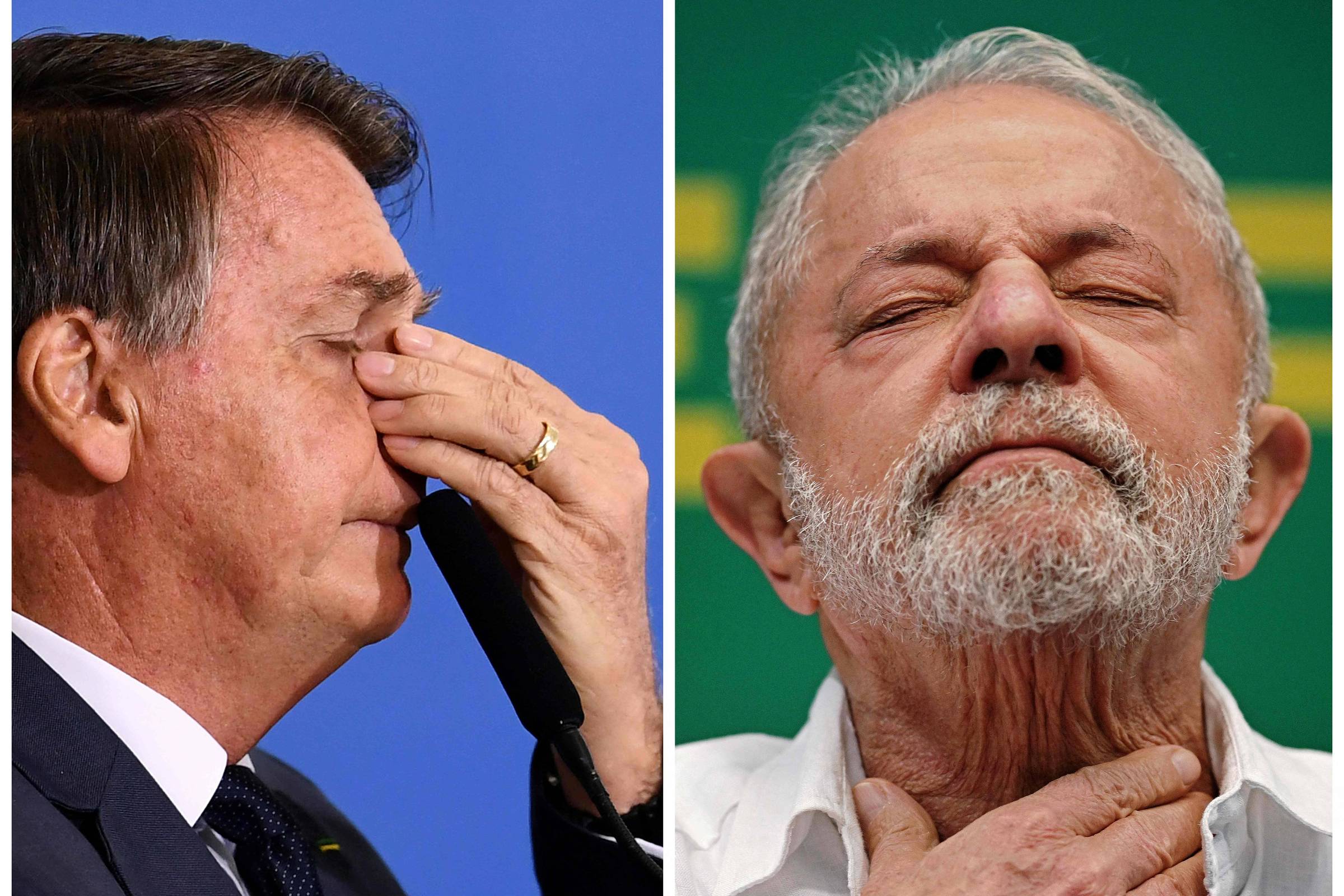At present, there is an undermining of public opinion’s trust in representative institutions. This phenomenon, which affects several democracies, has been called “the democracy of discontented democrats.”
Some analysts believe that such discontent is not a problem, since criticism of democracy can be neutralized by leaders and institutions. However, rebel groups against the system are growing in the country and have come to dominate the agenda, whether it be mobilizing public opinion in the streets and networks or gaining political positions. The moderate right is recruited or repositioned by these authoritarian movements, which are flexible and bring about changes in the political agenda, as well as influencing other parties to adopt their themes.
As for the profile of the European right-wing radical, the average voter is a man, more or less young, with an average level of education and hesitating about the issue of immigration. This pattern—men and whites—is being repeated among voters who support the Brazilian radical right. However, what stands out in the country is the proliferation of Christian institutions, especially those of Pentecostal and neo-Pentecostal origin, which are legitimized by the speech of the current president.
Guided by the theology of dominion, its followers, mostly belonging to the popular classes, gave authority to the politicians who propagated this doctrine. They propagate that the policy is to create a Christian nation whose core is the battle of “good against evil”. But many of this army of believers are made up of non-whites and the poorest, loyal to the religious leaders who supply these communities with missing social services and job opportunities for “brethren.”
This sacred vision of politics influences governments, wins seats in legislatures across the country, and debates topics such as communication, education, science, family, entertainment, and economics. The number of right-wingers in the 2020 municipal elections exceeded 50% for the first time. Parties such as DEM, PL, PSL, PP and PSD won in city halls.
This year, the number of rights continued to grow, but it was PL that grew. However, the more ideological LP, influenced by Jair Bolsonaro and his sons, who weakened the power of the party’s president, Valdemar Costa Neto, and instilled in this and other parties many politicians loyal to Bolsonaro and supporting religious or radical views on politics. .
It is difficult to calculate the exact number of right-wing supporters elected in 2022, since they are not affiliated with any party and have held positions in state governments, the Federal Senate, the Chamber of Deputies and Legislative Assemblies. Thus, only after analyzing their political behavior in the future will it be possible to be convinced of the extent of the damage that this trend has caused to traditional rights.
Because of the legitimization of anti-secular programs, it is not only the moderate right that has lost its place in public opinion and institutions. The entry into the electoral market of politicians who preach against secularism and secularism is another indication of the erosion of Brazilian democracy. If the incumbent president is consecrated as a result of voting in the second round, we will have a strengthening of the autocratic regime.
TRENDS / DEBATE
Articles published by subscription do not reflect the opinion of the newspaper. Its publication aims to stimulate the discussion of Brazilian and world issues and reflect the various currents of contemporary thought.















